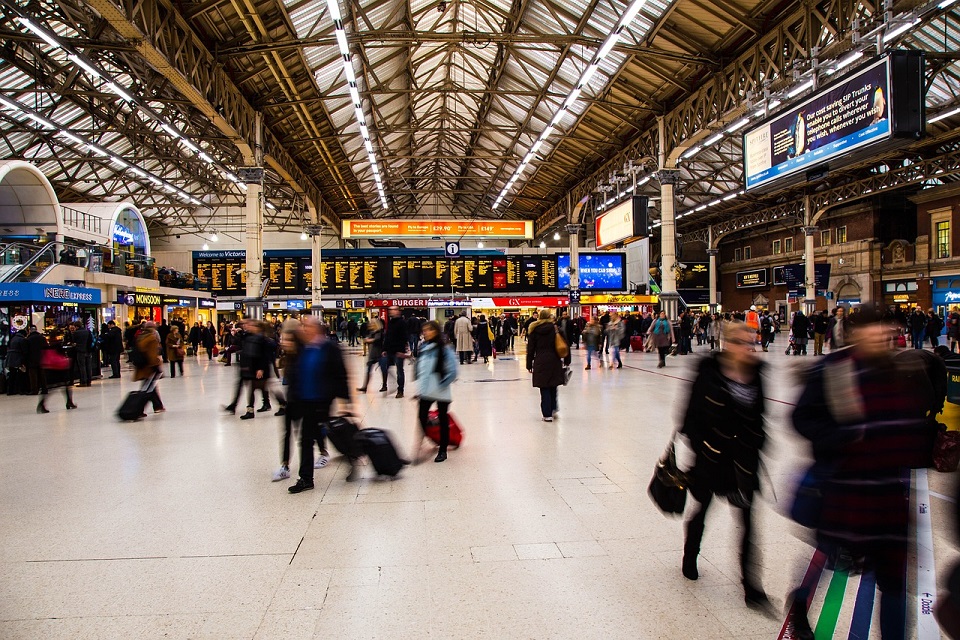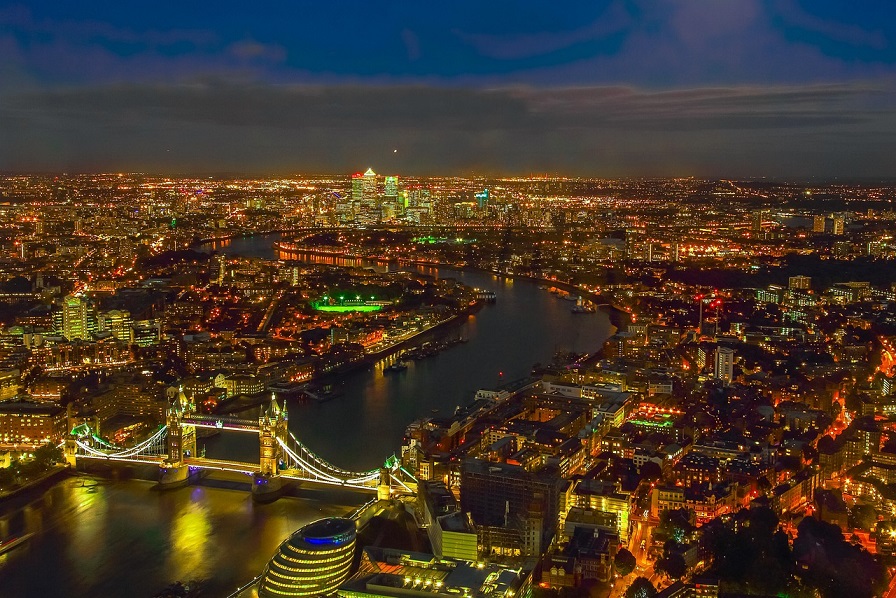If not for social housing, many people who settle in the UK could not afford to live in the centre of the capital city.
 Marina Argirova
Marina Argirova
Neimat Ali, a migrant from Bangladesh, has been earning minimum wage for the last 13 years. According to the Greater London Authority, that’s £11.95 per hour. In a city where the average annual renting price for a one bedroom flat is £26,000, Neimat would not be able to live in London if not for the social housing provided by his local government. He told me he “Thank God every day for what council housing has done for his family”.
According to migration statistics published by the government, of 9,648,000 people that call London their home, 37% were born outside of the United Kingdom. In the last two years opportunities in the city have been threatened by what is now commonly known as the cost of living crisis.
Housing, rental, food and bill prices all began to rapidly increase at the tail end of 2021, and has affected almost every household across Britain, with many of the worst affected being migrants, according to the Trust for London.
 Neimat got married in 2010, and moved across the world to live in London in order to capitalise on his wife’s skills.
Neimat got married in 2010, and moved across the world to live in London in order to capitalise on his wife’s skills.
“We moved to central London as we thought we would be able to find her a better job. She is a computer technician, but she has not been able to find a job yet, and it’s putting more and more pressure on me to make sure my wages can cover the costs”, he said.
Ali’s wife gave birth four months ago and they now have a new baby.
“This is such a happy occasion for us but we are always thinking of money and if we can afford this or that. Every decision we make we think about the money”, he emphasised. The London Assembly stated that 12% of Londoners had to go without food or essential items regularly or occasionally in the last six months.
Mariana Brighty, a first generation immigrant from Bulgaria, now resides in Bromley, in the suburbs of South London, where she says it makes more sense to raise her daughter.
 “I chose to concentrate on my job search in London after I graduated because it’s a multicultural city with more opportunities and I would be able to commute to the capital and live the dream”, she said.
“I chose to concentrate on my job search in London after I graduated because it’s a multicultural city with more opportunities and I would be able to commute to the capital and live the dream”, she said.
Mariana’s primary concern is the impact of the cost of living on her family, which is why she decided to move away from central London.
“The cost of renting in London was far too expensive and was not a good financial decision”, she told The Prisma.
One of the main ways the cost of living crisis has affected her is its impact on transport costs.
“We used to venture into the city with our disposable income every week, and now with the cost of bills and petrol, we barely come once a month. It’s sad I cannot give my daughter the experience of the city I moved to”, she said.
London housing estate agency, Hamptons, have estimated that 150,000 people moved out of central London in 2022 because of the rise in costs.
 The Guardian recently reported that the decision to move from central London to suburbia has become a common one for many young families since the beginning of the cost of living crisis.
The Guardian recently reported that the decision to move from central London to suburbia has become a common one for many young families since the beginning of the cost of living crisis.
One of the areas this impact is seen is on inner city schools, which have been forced to close for the lack of students attending each year.
Four state primary schools in Camden, one of Central London’s boroughs, have closed this year alone.
For many the reality of living in London has changed the way people manage food, bills and essential shopping.
However, for those affected more dearly by the cost of living crisis, it has also affected the stability of their lives.
(Photos: Pixabay)












.jpg)












